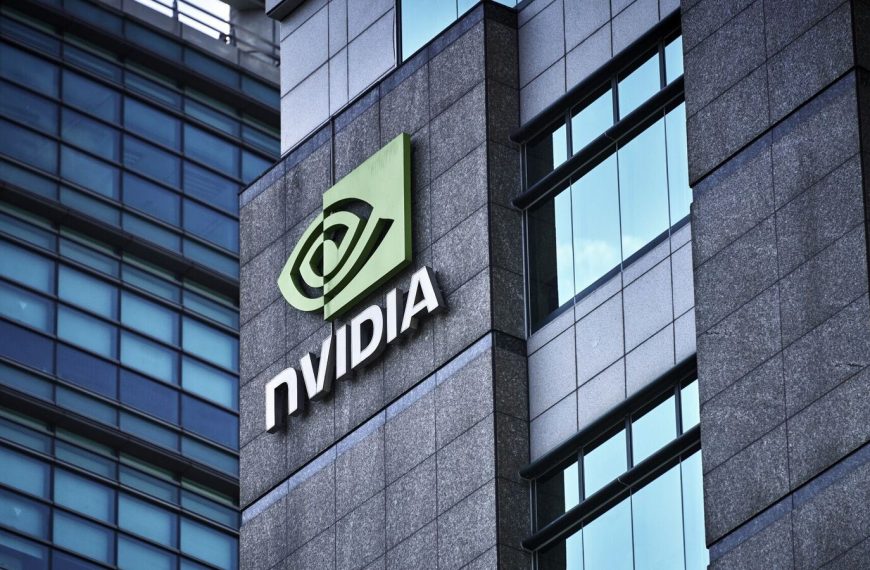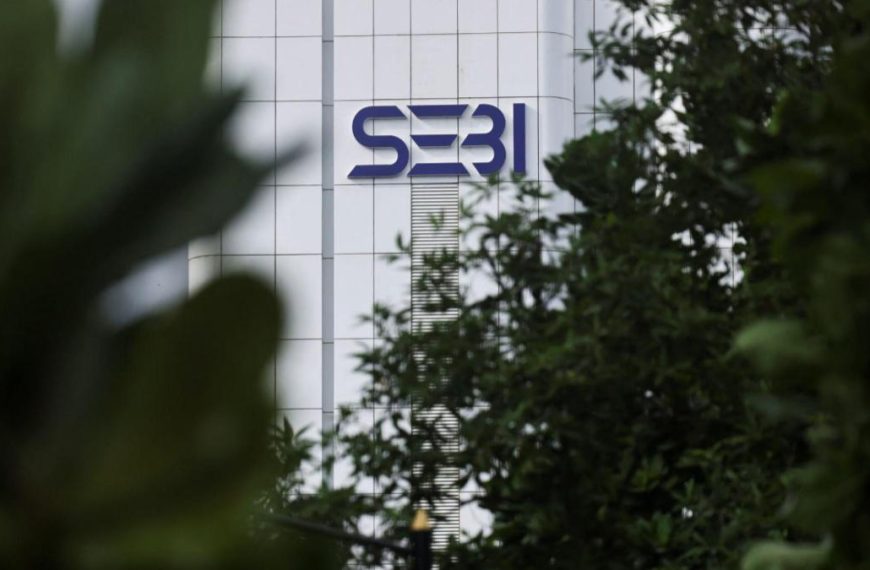Global technology stocks experienced a notable uptick on Monday as the U.S. government announced exemptions for essential electronics, including smartphones and computer components, from reciprocal tariffs targeting China. However, the optimism may be short-lived, with President Donald Trump signaling potential tariffs on the semiconductor sector as early as next week. This dynamic has left businesses grappling with how to navigate their supply chains amidst ongoing tariff tensions.
Tariff Impact on Tech Stocks
In the past fortnight, shares of major tech companies have taken a hit, mirroring the broader market’s fluctuations. The escalating trade disputes between Washington and Beijing have raised concerns about increased costs for components, diminished consumer demand, and the worst supply chain disruptions since the onset of the COVID-19 pandemic.
- Key issues include:
- Rising component costs due to tariffs
- Slowed consumer demand
- Significant supply chain challenges
Investors reacted swiftly to Trump’s aggressive tariff proposals, leading to a sell-off of the U.S. dollar and Treasury bonds as confidence in these traditional safe-haven assets wavered.
Shifting Tariff Landscape
This past weekend’s tariff exemptions are a sign that the White House is acknowledging the potential inflationary pressures that tariffs could impose on consumers, particularly for popular electronics like smartphones and laptops. However, the relief may be fleeting. Trump has committed to imposing new tariffs on imported semiconductors soon, part of a broader strategy to relocate manufacturing away from China, a critical player in the tech industry.
- Commerce Secretary Howard Lutnick echoed Trump’s sentiments, reinforcing the administration’s stance on tariffs as vital for revitalizing American manufacturing.
This back-and-forth on tariff policy has led to a decline in business and consumer confidence, with earnings forecasts dropping and inflation expectations rising to levels reminiscent of the Reagan era.
Market Reactions and Future Outlook
On Monday, Apple’s stock rebounded by 3.5% after a 9% decline over the previous weeks. The company faces potential price hikes on its flagship iPhone, mainly manufactured in China, if tariffs remain stringent. Analyst Alberto Gegra from Equita noted that the easing of the most severe tariff scenarios serves as a positive factor for the tech sector.
Other tech companies also saw gains:
- HP: Up 3.5%
- Dell Technologies: Up 5.7%
- Nvidia: Up 1.6%, with plans to increase U.S. investment in AI facilities.
European chip manufacturers also saw a rise, particularly those heavily reliant on the U.S. market, such as ASM International and Infineon, which gained between 3% and 4%.
Major Asian suppliers, including Foxconn, the largest iPhone assembler, experienced significant increases, soaring as much as 7.8% before settling at a 3% rise. Other notable gains were recorded by Quanta (+5.8%) and Inventec (+4.1%).
Analyzing the Exemptions
The recent tariff exemptions, which encompass 20 categories of goods, including computers, laptops, and various semiconductor devices, provide companies with a crucial window to strategize for the future.
- Angelo Zino, a senior equity analyst at CFRA Research, highlighted that with technology devices currently facing a 20% tariff from China and none from other countries, some manufacturers might opt to build inventory in the U.S. to capitalize on this temporary situation.
While tariffs on semiconductor chips are anticipated, they are expected to be lower than previously enacted levels, allowing manufacturers to better manage rising chip costs without overwhelming their supply chains.
In conclusion, the evolving landscape of tariffs and trade policies continues to impact the technology sector significantly, creating both challenges and opportunities for businesses as they adapt to shifting economic realities.











